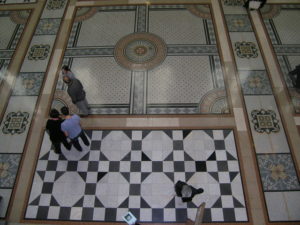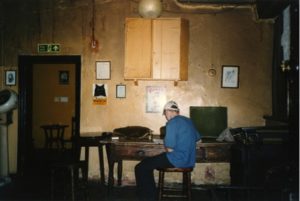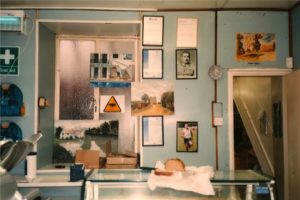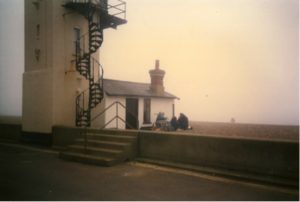Like a lot of women of my age, I find it hard to understand what the fuss is about. When I was young, we would, of course, brush off wolf-whistles and pats on the bottom but to come back from, say, Italy, without any such memories, would leave a girl wondering what was wrong with her.
Raymond Bessone ‘Mr Teasy Weasy’
For myself, a holiday In Turkey when I was in my late teens did more for my confidence than being taken to Mr Teasy Weasy for an expensive hair cut. Turkish men don’t or, anyway, didn’t then, prefer their women to be wafer thin . . . .
Be that as it may, what began with stories of young women confronted by an ugly giant of a man with his flies undone has become a maelstrom of remembered incidents ranging from the truly horrific to the frankly absurd.
The horrific – the rapists, the stalkers, the serial predators, the husbands who beat up their wives – should be locked up. The others should be laughed out of court. Is it not pathetic that some middle-aged roué believes his exalted position as a politician or business magnate gives him the right to fondle anyone who comes within reach?
But how much damage can it really do to a normal young woman to have to brush off or even, temporarily put up with, this kind of unwanted attention and why, oh why, do they sometimes walk willingly into the mangy lion’s den?
How can anyone not regret that these stories, which trivialize a serious issue, fill the newspapers while stories of real atrocities – the Yazidi women among them – are side-lined?
Something has gone horribly wrong with a world in which a cheery equivalent of ‘Hey, good lookin’ evokes anger, and an unwelcome hand on the knee can cause a lasting trauma.

And this touch-me-not epidemic doesn’t stop there. There is my friend – a grandmother, like myself – who gave up a voluntary job at a local primary school because she wasn’t allowed to touch the child she was coaching. She didn’t mind sitting in a corridor with her pupil, but she did mind not being able to give him or her a hug or a pat on the back.

How absurd it has become. But, to end on a more cheerful note, for I dislike the crude behavior of men and resent their superior strength as much as anyone, I did enjoy the recent newspaper story of the burglar who inadvertently woke the lady of the house: a rugby player who gave chase and frightened the life out of him.
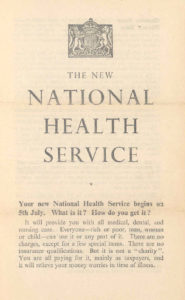
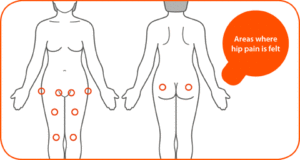


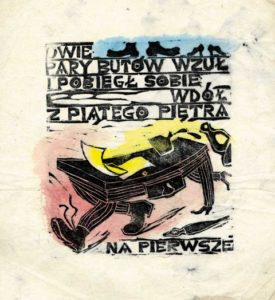



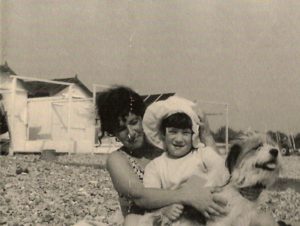
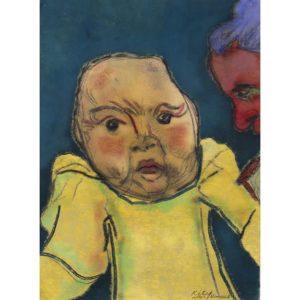

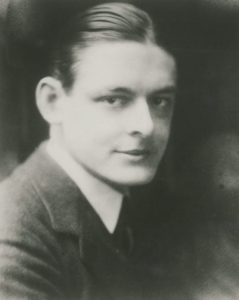
 I never got back to Eliot and his unfortunate wife* but, with the kettle on for my hot-water bottle and the Evening Pill Box – lovingly curated by my absent husband – at the ready, I did manage to tap out a testimonial for one of my long-ago authors** who, at seventy, is starting a new career as a hired-hand memoirist, to support her true calling as a brilliant but neglected writer of popular fiction.
I never got back to Eliot and his unfortunate wife* but, with the kettle on for my hot-water bottle and the Evening Pill Box – lovingly curated by my absent husband – at the ready, I did manage to tap out a testimonial for one of my long-ago authors** who, at seventy, is starting a new career as a hired-hand memoirist, to support her true calling as a brilliant but neglected writer of popular fiction.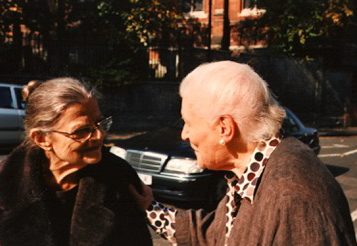
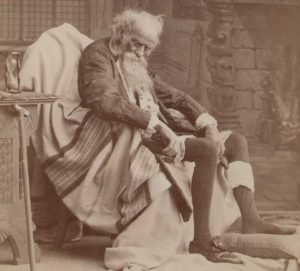



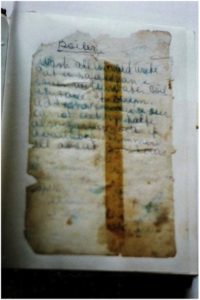
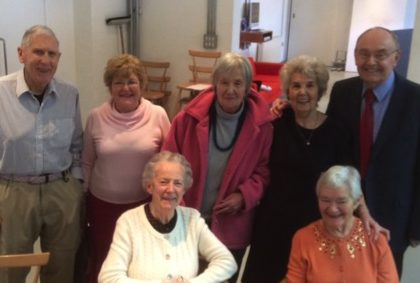
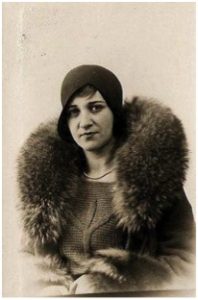
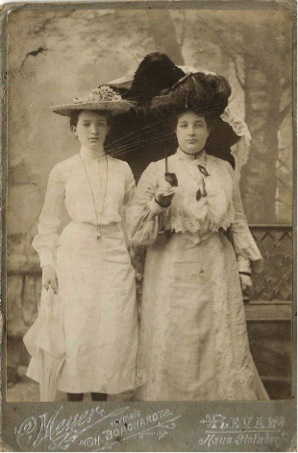


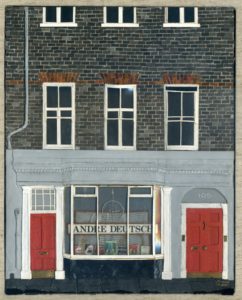
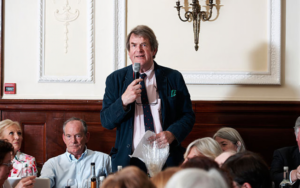
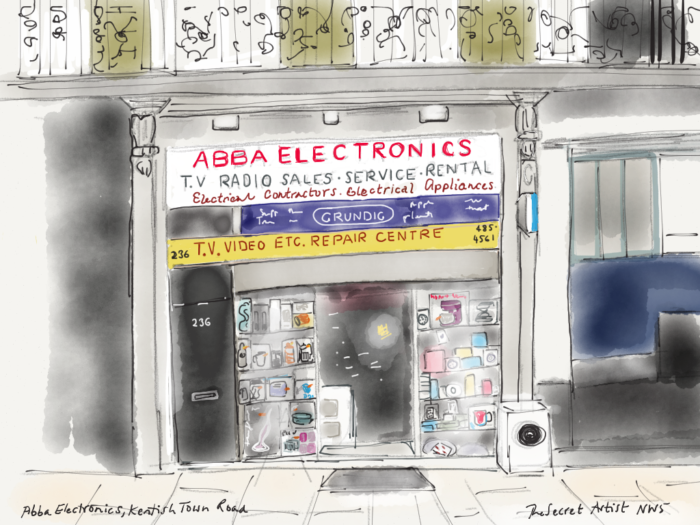
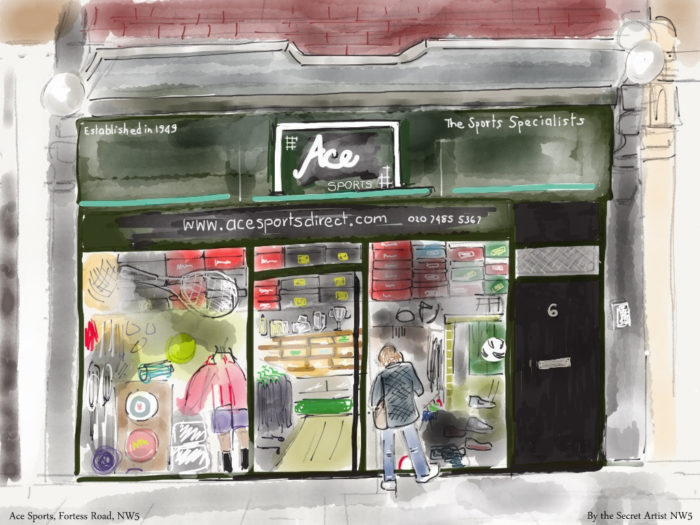
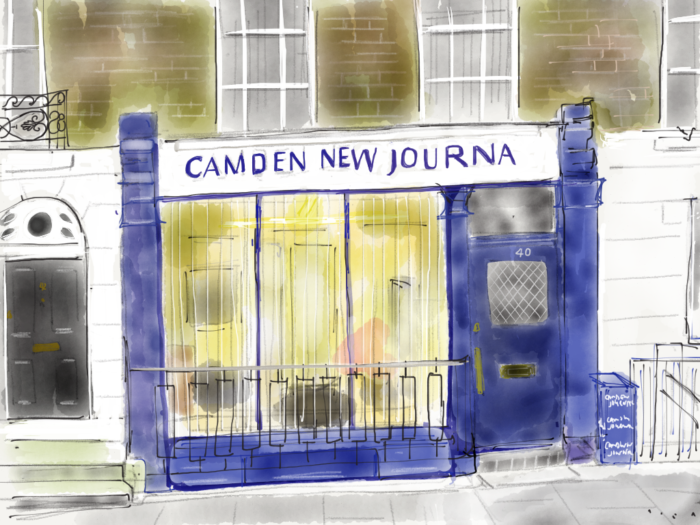
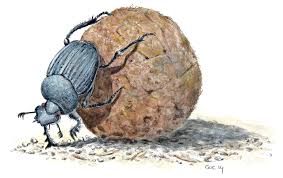 The discovery that dung beetles navigate by the light of the stars is just one of the many wonderful scraps of news I have picked up from turning on the BBC World Service when I come down to the kitchen in the middle of the night, to take some valerian drops or make a cup of cocoa. Another is that there is a language in northern India which has no name. Its 400 speakers just call it Our Language . . .
The discovery that dung beetles navigate by the light of the stars is just one of the many wonderful scraps of news I have picked up from turning on the BBC World Service when I come down to the kitchen in the middle of the night, to take some valerian drops or make a cup of cocoa. Another is that there is a language in northern India which has no name. Its 400 speakers just call it Our Language . . .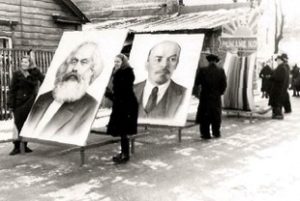
 As Jilly Cooper said the other day, in a lovely piece about what it is like to be eighty, being up in the small hours comes with the territory; but these broken nights have, thanks to the World Service – truly a service – opened up not only new terrestrial worlds but also the firmament itself: how else would I have known when looking at the Milky Way that every dung beetle in our garden was looking at it too?
As Jilly Cooper said the other day, in a lovely piece about what it is like to be eighty, being up in the small hours comes with the territory; but these broken nights have, thanks to the World Service – truly a service – opened up not only new terrestrial worlds but also the firmament itself: how else would I have known when looking at the Milky Way that every dung beetle in our garden was looking at it too?

